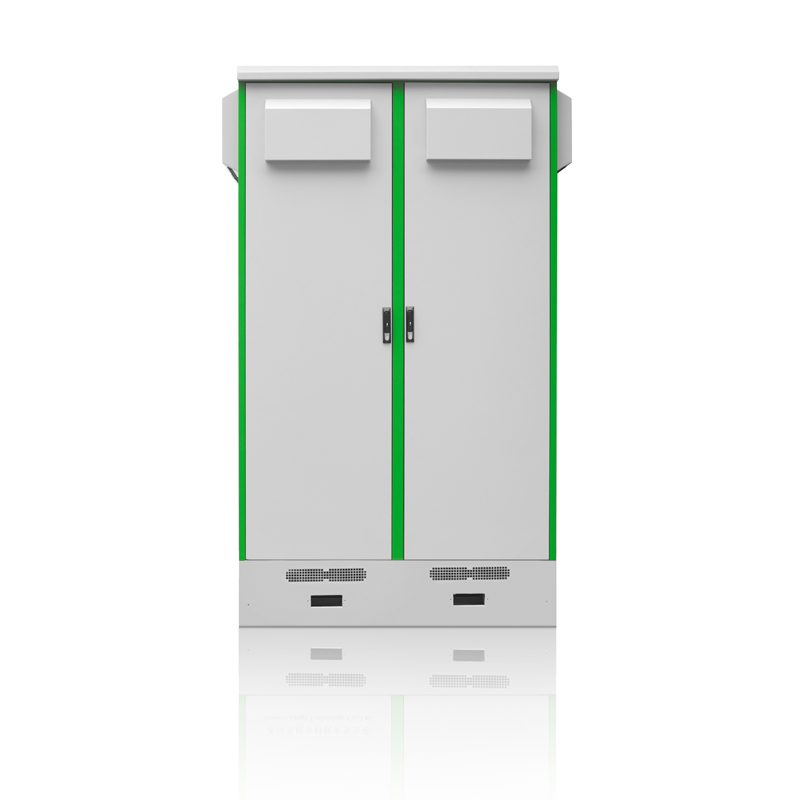
Nov . 19, 2024 02:12 Back to list
distributed battery management system
Distributed Battery Management System Revolutionizing Energy Storage
As the world increasingly turns to renewable energy sources such as solar and wind power, efficient energy storage systems are becoming essential for managing fluctuating energy supply and demand. Among these innovations, the Distributed Battery Management System (DBMS) stands out as a pivotal technology in the realm of energy management and storage solutions. This article delves into the significance, functionality, and benefits of DBMS in modern energy applications.
Understanding Distributed Battery Management Systems
A Distributed Battery Management System (DBMS) is an advanced approach to energy management that distributes the control and monitoring functionalities across a network of interconnected battery units. Unlike traditional centralized systems, which rely on a single central unit for oversight, a DBMS facilitates communication and coordination among individual battery modules. This decentralization allows for more responsive, scalable, and resilient battery systems, which are crucial for applications ranging from electric vehicles (EVs) to renewable energy integration in smart grids.
Key Features of DBMS
1. Modular Design DBMS architecture promotes a modular setup where individual battery packs can be added or removed as needed. This modularity allows for easy scalability, enabling users to customize their energy solutions according to specific needs.
2. Real-Time Monitoring Each battery module in a DBMS is equipped with sensors that monitor various parameters, including voltage, temperature, and state of charge. This real-time data collection enables immediate adjustments and predictive maintenance, minimizing downtime and enhancing system reliability.
3. Decentralized Control With a distributed approach, each battery can operate independently while still being part of a larger system. This decentralization reduces the risk of single points of failure and enhances the overall robustness of the battery management system.
4. Optimized Energy Distribution A DBMS can optimize energy distribution across multiple battery packs, improving efficiency and extending the overall lifespan of the batteries. By intelligently managing how energy is drawn from and fed into the battery system, DBMS ensures that power is used effectively.
5. Enhanced Safety With extensive monitoring capabilities, DBMS can quickly identify abnormal conditions, such as overheating or overcharging, and take necessary actions to prevent system failures, ensuring a safer energy storage solution.
distributed battery management system

Benefits of DBMS
The adoption of a Distributed Battery Management System offers numerous advantages that address the critical challenges faced by contemporary energy systems
1. Increased Efficiency By managing each battery module independently and optimizing their performance, DBMS significantly enhances the overall efficiency of energy storage systems. This is particularly beneficial for renewable energy applications, where energy generation can be unpredictable.
2. Cost-Effectiveness Although the initial investment in a DBMS may be higher due to its advanced technologies, the long-term savings from improved battery life and efficiency often outweigh the costs. Additionally, modularity allows users to upgrade their systems gradually without needing complete overhauls.
3. Scalability As energy demands grow, the ability to scale battery systems easily becomes crucial. DBMS allows users to expand their capacity by simply adding more modules, accommodating increasing energy storage needs without major infrastructure changes.
4. Versatility DBMS technology is versatile and can be applied across various sectors, including residential energy storage, electric vehicles, commercial energy solutions, and grid applications. This adaptability makes it a key player in the transition to sustainable energy practices.
5. Contributing to Smart Grids DBMS is integral to the development of smart grids, which rely on dynamic communication and efficient energy flow management. By connecting distributed battery systems to these grids, we can enhance grid stability and responsiveness.
Conclusion
The Distributed Battery Management System represents a transformative shift in how we approach energy storage and management. By leveraging decentralized control, real-time monitoring, and modular designs, DBMS provides a comprehensive solution to the challenges posed by renewable energy integration and the increasing demand for efficient energy storage. As technology continues to evolve and our energy needs expand, the DBMS will undoubtedly play a crucial role in shaping a sustainable energy future. Embracing this innovative technology will pave the way for more resilient, efficient, and environmentally friendly energy systems.
-
AI-Powered EMS with GPT-4-Turbo | Efficiency Boost
NewsAug.01,2025
-
Optimized Storage System for GPT-4-Turbo | High Performance
NewsJul.31,2025
-
AI Energy Management System w/ GPT-4 Turbo Efficiency
NewsJul.31,2025
-
High-Performance Energy Storage System for Reliable Power Solutions
NewsJul.30,2025
-
Advanced EMS Solutions for Energy Management System & Storage Battery Companies
NewsJul.29,2025
-
Intelligent Energy Management for Homes - Efficient Storage Solutions
NewsJul.29,2025























